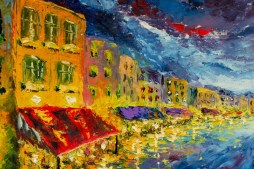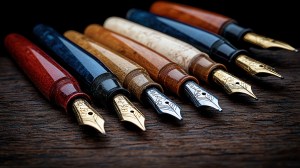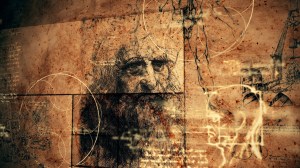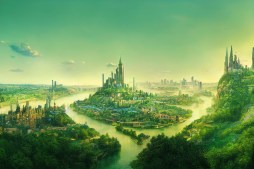Classic Literature and Its Reflection of 19th Century Social Norms
The 19th century was a pivotal era that shaped modern society through significant social, political, and cultural transformations. Classic literature from this period provides valuable insights into the prevailing social norms, values, and issues that defined life at the time. This article explores how literature from the 19th century reflected societal attitudes and contributed to discussions on class, gender roles, morality, and more.
The Rise of Realism in Literature
As society transitioned through industrialization and urbanization during the 19th century, authors began to embrace realism as a literary style. This movement aimed to depict everyday life with accuracy, focusing on ordinary characters facing real-life challenges. Writers like Gustave Flaubert in France and Charles Dickens in England showcased how individual lives were impacted by broader societal forces such as economic hardship or class struggles.

Class Structure and Social Stratification
Classic literature of this era often scrutinized the rigid class structures that dominated society. Novels such as ‘Pride and Prejudice’ by Jane Austen highlighted issues related to marriageability based on social status while exposing the limitations faced by women within these constraints. Similarly, works like ‘Hard Times’ by Charles Dickens provided a critical lens into the plight of the working class amid industrial growth.
Gender Roles and Feminine Identity
The exploration of gender roles is another critical aspect reflected in 19th-century literature. Authors like Charlotte Brontë in ‘Jane Eyre’ challenged conventional notions of femininity by depicting strong female protagonists who sought independence while navigating societal expectations. This literary trend paved the way for feminist discourse that emerged later in history.
Morality and Ethical Dilemmas
Many classic works from this period addressed moral questions relevant to their time—confronting themes of justice, ethics, duty, and personal sacrifice. Leo Tolstoy’s ‘Anna Karenina’, for example, delves into issues surrounding infidelity and societal judgment while grappling with profound questions about love and morality. Such narratives forced readers to reflect on their own beliefs regarding right and wrong amidst prevailing norms.
Influence on Modern Perspectives
Classic literature not only mirrored 19th-century social norms but also influenced contemporary thoughts surrounding these issues. The conversations sparked by these novels continue to resonate today as they address timeless themes connected to humanity’s moral compass—the struggle for equality among diverse groups remains central in modern discourse.
In conclusion, classic literature from the 19th century serves as a fascinating lens through which we can examine historical social norms. By understanding how these texts reflect their time’s values—whether discussing class dynamics or gender identity—we gain deeper insight into our current societal challenges as well.
This text was generated using a large language model, and select text has been reviewed and moderated for purposes such as readability.












